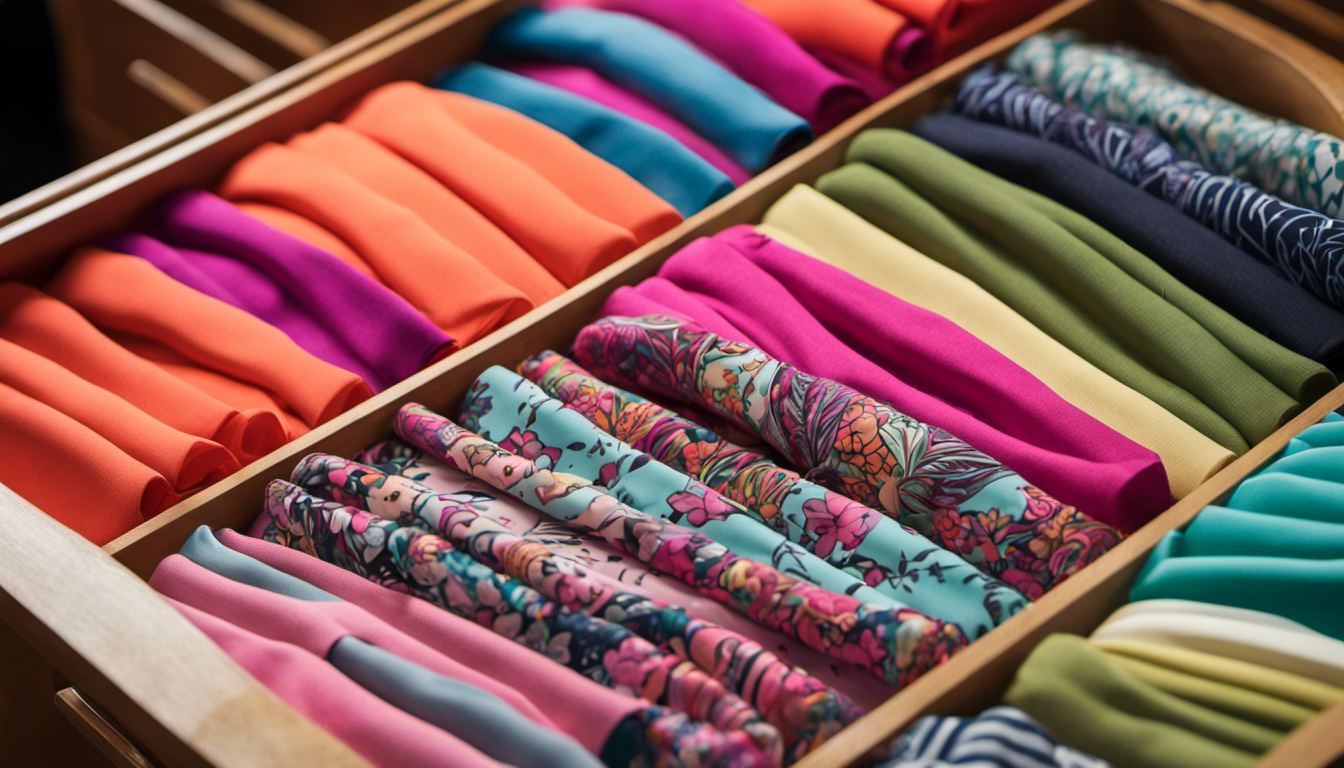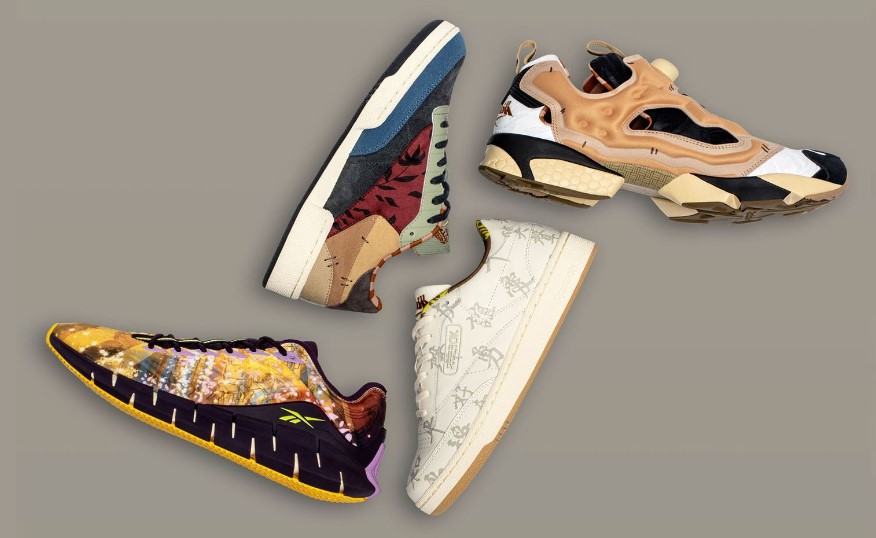Many have recognized the significance of the rise of ethical fashion, transforming the way we shop for clothing by prioritizing sustainability and ethical practices. When you choose to support ethical fashion, you are not only making conscious decisions but also contributing to a better future for the environment and garment workers.
In this blog post, we will guide you on how to shop for clothes with a conscience, focusing on sustainable materials, fair labor practices, and the impact of your choices on the environment and workers. Let’s explore the world of ethical fashion and make a positive difference through your shopping choices.
Key Takeaways:
- Sustainable Fashion: Involves environmentally friendly, ethically made, and high-quality clothing.
- Eco-Friendly Materials: Use of organic and recycled materials to reduce environmental impact.
- Fair Labor Practices: Ensuring fair wages and safe working conditions for garment workers.
- Circular Fashion: Focuses on creating closed-loop production systems to minimize waste.
- Impact on Environment and Workers: Ethical fashion aims to reduce negative environmental impact and support fair treatment of workers.
Understanding Ethical Fashion
While the fashion industry has long been associated with fast-paced trends and excessive consumption, the rise of ethical fashion is reshaping the way we think about clothing. It emphasizes the importance of sustainable practices, fair labor, and eco-friendly materials to create a more conscious and responsible approach to fashion.
Sustainable Fashion
One way to support ethical fashion is by opting for sustainable clothing. This involves choosing garments that are environmentally friendly, ethically made, and of high quality. By investing in sustainable fashion, you are not only reducing the negative impact on the environment but also supporting brands that prioritize people and the planet.
Eco-Friendly Materials
Fashion is evolving to embrace eco-friendly materials such as organic cotton, hemp, and recycled fabrics. These materials help reduce the environmental footprint of clothing production by minimizing the use of harmful chemicals, water, and energy. By opting for clothes made from eco-friendly materials, you are actively contributing to a more sustainable fashion industry.
Fair Labor Practices
Practices in the fashion industry play a significant role in ethical fashion. It is important to consider how brands treat their employees, ensuring fair wages and safe working conditions for garment workers. By supporting brands that prioritize fair labor practices, you are advocating for the rights and well-being of the people who make our clothes.

It is important to educate yourself on the principles of ethical fashion and make informed choices when shopping for clothing. By considering sustainable fashion, eco-friendly materials, and fair labor practices, you can contribute to a more ethical and sustainable fashion industry. Note, your choices as a consumer have a powerful impact on the environment and the lives of garment workers.
Shopping Ethically
You have already learned about the importance of ethical fashion and the various aspects to consider when shopping sustainably. Now, let’s research deeper into two key elements of ethical fashion that have a significant impact: Circular Fashion and the Impact on Environment and Workers.
Circular Fashion
An crucial concept in ethical fashion is Circular Fashion, which focuses on creating closed-loop production systems to minimize waste. This means designing clothes that can be easily recycled or upcycled at the end of their life cycle. By supporting brands that practice circular fashion, you are contributing to a more sustainable future for the fashion industry.
Impact on Environment and Workers
With ethical fashion, you are not only making a positive impact on the environment but also on the workers in the garment industry. Fair labor practices ensure that garment workers receive fair wages and work in safe conditions. By choosing ethical fashion brands, you are standing up against exploitative labor practices and supporting the well-being of those who create the clothes you wear.
Plus, when you support ethical fashion, you help reduce the negative environmental impact caused by fast fashion. By opting for sustainable materials and quality items that last longer, you are making a conscious choice to minimize waste and contribute to a healthier planet.
Tips for Shopping Ethically
Ethically sourcing your clothing is not as challenging as it may seem. Here are some practical tips to help you shop with a conscience:
- Look for clothing made from sustainable materials such as organic cotton or recycled fabrics.
- Support brands that prioritize fair labor practices and provide transparency about their supply chain.
- Choose quality items that are durable and timeless, reducing the need for constant replacements.
Any small change you make in your shopping habits can have a significant impact on the fashion industry and the world around you. By embracing ethical fashion, you are not just buying clothes – you are supporting a movement towards a more sustainable and responsible way of consuming fashion.
Future of Ethical Fashion
Third-Party Certifications
Unlike conventional fashion labels, ethical fashion brands often seek third-party certifications to validate their sustainability claims. Any brand can claim to be eco-friendly or ethical, but certifications from organizations like Fair Trade Certified, Global Organic Textile Standard (GOTS), or OEKO-TEX® Standard 100 provide you with assurance that the clothes you are purchasing meet specific environmental and social standards. By looking for these certifications when shopping, you can trust that the brands are truly committed to sustainable and ethical practices.
Consumer Roles in Driving Growth
Driving growth in ethical fashion goes beyond just making conscious purchasing decisions. Your role as a consumer is crucial in shaping the future of the industry. By supporting sustainable brands and demanding transparency in supply chains, you can push the fashion industry towards more responsible practices. According to a report, the global ethical fashion market is expected to reach $8.25 billion, highlighting the momentum and impact consumer choices have on the growth of this movement.
Ethical fashion is not just a trend, but a movement towards a more sustainable and ethical industry. By actively participating in the ethical fashion revolution through your purchasing habits and advocacy for fair labor practices, you are contributing to a future where sustainability and social responsibility are at the forefront of the fashion industry.
To wrap up
By supporting ethical fashion, you are making a conscious decision for your wardrobe, the environment, and the people behind the clothes. Look for eco-friendly materials, fair labor practices, and quality items that last longer. Your role as a consumer is crucial in driving positive change in the fashion industry. Shop ethically, support sustainable brands, and advocate for a more responsible approach to fashion consumption. Let’s make a difference together.
FAQ
Q: What is ethical fashion?
A: Ethical fashion involves making conscious decisions when shopping for clothing by prioritizing sustainable brands that focus on people and the planet, considering fair labor practices and eco-friendly materials.
Q: Why is sustainable fashion important?
A: Sustainable fashion is crucial as it involves environmentally friendly, ethically made, and high-quality clothing that reduces negative environmental impact and supports fair treatment of workers in the fashion industry.
Q: What are eco-friendly materials in ethical fashion?
A: Eco-friendly materials in ethical fashion include organic and recycled materials that are used to reduce environmental impact and promote sustainability in the production of clothing.
Q: How does ethical fashion support fair labor practices?
A: Ethical fashion supports fair labor practices by ensuring that garment workers receive fair wages, work in safe conditions, and are treated ethically by the brands they work for in the fashion industry.
Q: What can individuals do to shop ethically for clothes?
A: To shop ethically for clothes, individuals can look for sustainable materials, support fair labor practices, choose quality items that last longer, and be conscious of the impact their purchasing decisions have on the environment and workers in the fashion industry.


























